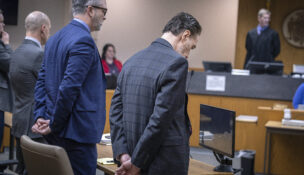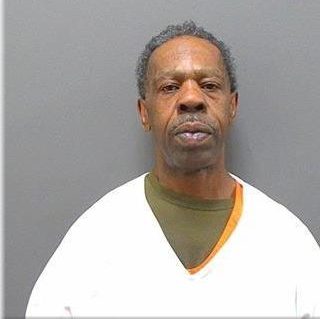Virginia deflects challenge to state bar's FastCase agreement
By: dmc-admin//September 29, 2008//
You know you are a lawyer when someone tells you that you will get something for free, and your first reaction is to wonder whether there is a restraint of trade involved somewhere.
Earlier this month, the Wisconsin State Bar announced that it had entered a deal, expected to begin Nov. 1, with FastCase Inc. to offer free legal research to all of its members.
Members would access the site by visiting the State Bar Web site, and logging in with their existing username and password. Wisconsin is the 13th state to enter such an agreement with FastCase.
Citing conditions of the agreement with FastCase, the State Bar would not disclose how much it is paying FastCase for the service, the length of the contract, or any other terms of the contract.
Wisconsin’s is not the first mandatory bar to reach an agreement; and if legal questions to the deal are raised, that won’t be a first either.
In 2005, the Virginia State Bar (VSB) reached a similar deal with FastCase, and a competitor of FastCase contemplated legal action. Geronimo Development Corporation, the publisher of Casefinder, a CD-ROM-based computerized legal research service with a Virginia-oriented database, alleged that the agreement was per se illegal under Section 1 of the Sherman Act.
Although Geronimo retained counsel to challenge the deal, ultimately, it chose not to file suit.
According to Sarah Oxenham Allen, an antitrust lawyer and assistant attorney general with the Virginia Department of Justice, the VSB responded to the threat of a lawsuit by petitioning the Virginia Supreme Court to pass a rule that required the VSB to provide Virginia-oriented online research for its members.
By doing so, the VSB brought the deal within the “state action antitrust immunity” exception to the Sherman Act, as recognized in California Retail Liquor Dealers Ass’n. v. Midcal Aluminum, Inc., 445 U.S. 97, 100 S.Ct. 937 (1980).
After that, Allen said, “We never heard from them again.”
However, she said that the VSB probably would have won anyway, even without the Supreme Court rule.
VSB is now contemplating whether to renew the deal. In an interview with Virginia Lawyers Weekly, VSB Executive Director Karen Gould said that FastCase has been well received by VSB members, especially solo and small-firm practitioners.
Nevertheless, VSB has formed a task force, which plans a user survey to go beyond the anecdotal evidence.
Some Virginia practitioners have complained of limitations in checking whether a case remains binding authority. Users must still use citators such as Shepards or KeyCite at a per-transaction charge to supplement FastCase research.
VSB Presidential-Elect Jon Huddleston, who chairs the task force, said all VSB members now have access to online research, where many had none before. However, it may not be much of a benefit for those who “can’t really jettison the high-end tools,” like Westlaw or Lexis.
Currently, FastCase has contracts with 12 state bar associations.
Legal News
- FBI launches criminal investigation into Key Bridge collapse
- Man charged in slaying after woman’s leg found at Milwaukee-area park
- Minnesota man guilty in fatal stabbing of teen on Wisconsin river, jury finds
- Wisconsin teen sentenced in bonfire explosion that burned at least 17
- Wisconsin man who broke into home, ate victim’s chicken, slept in victim’s bed, receives prison and jail sentences
- Judge refuses to dismiss Hunter Biden’s gun case
- House passes reauthorization of key US surveillance program after days of upheaval over changes
- Milwaukee Police officer traveling to Georgia training retires before facing discipline
- Evers to ask legislature to approve largest increase in state support for UW System in two decades
- 7th Circuit Court of Appeals proposes new rules
- Federal agencies allege toxic work environment for women in new report
- Wisconsin man sentenced for sex trafficking a woman and a minor online
WLJ People
- Power 30 Personal Injury Attorneys – Russell Nicolet
- Power 30 Personal Injury Attorneys – Benjamin Nicolet
- Power 30 Personal Injury Attorneys – Dustin T. Woehl
- Power 30 Personal Injury Attorneys – Katherine Metzger
- Power 30 Personal Injury Attorneys – Joseph Ryan
- Power 30 Personal Injury Attorneys – James M. Ryan
- Power 30 Personal Injury Attorneys – Dana Wachs
- Power 30 Personal Injury Attorneys – Mark L. Thomsen
- Power 30 Personal Injury Attorneys – Matthew Lein
- Power 30 Personal Injury Attorneys – Jeffrey A. Pitman
- Power 30 Personal Injury Attorneys – William Pemberton
- Power 30 Personal Injury Attorneys – Howard S. Sicula











